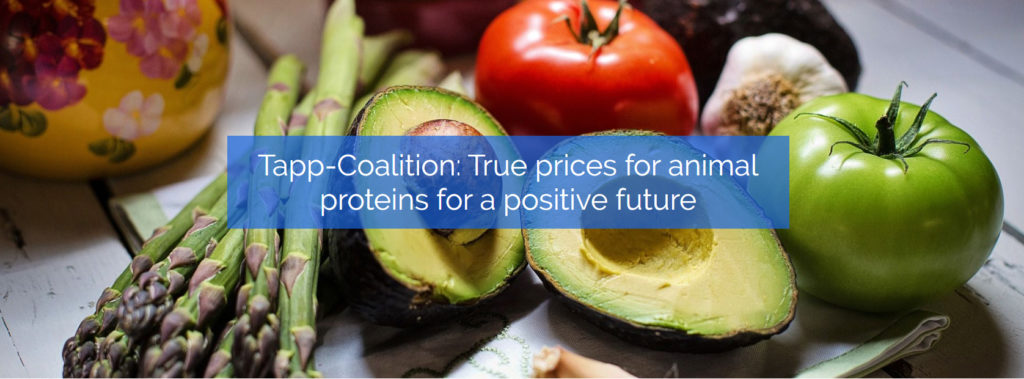A Dutch pressure group, the so-called TAPP (True Animal Protein Price) coalition, advocates fair taxation of meat by increasing the price of meat and its derivatives by about 40% over the next 10 years with the aim of reducing its consumption and, with it, combat greenhouse gases.
TAPP is based on a study promoted by this same pressure group, “A sustainability rate for meat”, which establishes a package of policies to tax the meat industry of the EU and use the income to encourage: organic agriculture the EU (with the aim of achieving 30% organic surface by 2030), plant products and alternatives to meat, and investing in third countries to allow less productive countries to mitigate their environmental footprint in livestock (i.e. , Africa, Asia, South America), according to a circular made public by UECBV, European Livestock ad Meat Trading Union, the European association that brings together the majority of livestock entities.
This report was presented last Wednesday, February 5, 2020, in the European Parliament. The pressure group, according to the UECBV circular, would consist of two multinationals (Nestlé and Unilever), and Proveg International, the University of Wageningen and the Compassion in World Farming Europe (CIWF).
According to the report, if all EU member states introduced a “real price of meat” of € 1.7-4.7 (depending on the species) per 1 Kg of meat, CO2 emissions 119 Million tons of CO2 per year (equivalent to CO2 emissions from Ireland, Denmark, Estonia and Slovenia together).

Considerations
Regarding the report presented by the TAPP, from the UECBV they make a series of approaches:
- EU livestock figures are omitted, preferring world-class figures that have less control. “A sustainability rate for meat” refers to the UN IPCC report that states that agriculture, forestry and other land uses account for 24% of greenhouse gases (GHG), while agriculture of the EU has a relevant minor impact in terms of participation and the EU livestock sector is below 6% of the total EU GHG emissions.
- Carbon sequestration, avoided use of synthetic fertilizers and biogas production are not taken into account. This approach is the same as that of the studies by Marco Springmann (Oxford University), which is frequently cited in the TAPP report and is very generic.
- The report totally ignores that ruminants contribute efficiently to ecosystem services.
















